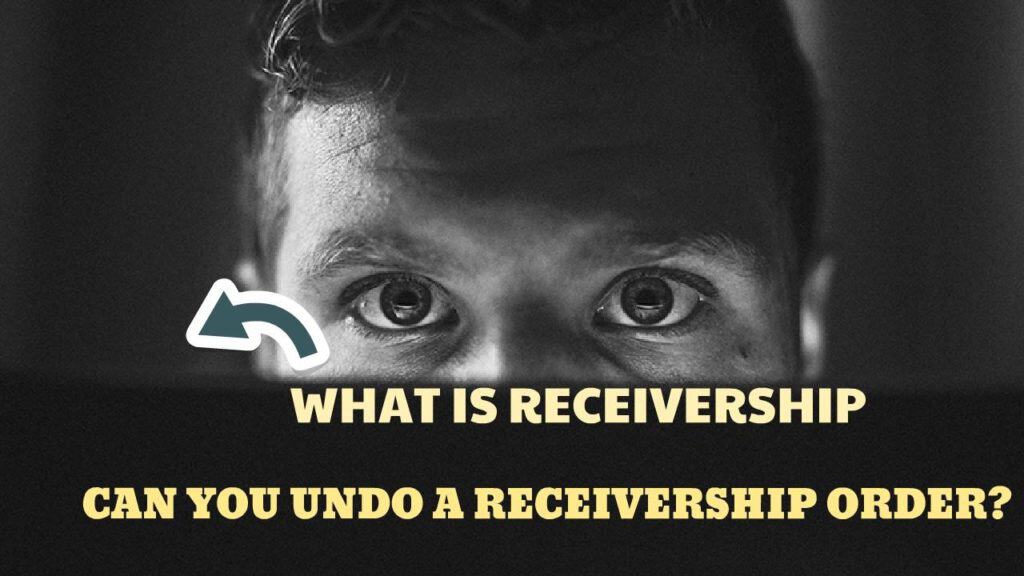
If you would prefer to listen to an audio version of this what is receivership Brandon’s Blog, please scroll down to the bottom of this page and click on the podcast.
What is receivership: Introduction
Last spring I wrote about a Court of Appeal For Ontario decision. That decision confirmed that the time allowed to appeal a receivership Court order is 10 days under the Bankruptcy and Insolvency Act (Canada) (BIA).
This Brandon’s Blog on what is receivership discusses a decision of the Court of Appeal of Manitoba which further sets out a framework for anyone wishing to appeal an order made in this court-appointed receivership legal process. Prior to discussing this Manitoba case, I ought to go over some receiver 101 facts.
What is receivership?
What is receivership? A receivership is a solution for secured lenders, such as a chartered bank. The bank loans the company money and the company agrees in the loan agreement to pledge the business assets as security for the loan. If the business defaults on its lending arrangement, generally by non-payment, the secured lender can enforce its security against the assets in receivership.
This is the lender using its enforcement rights to recover its secured debt. Other than for a government trust claim, the secured creditor’s debt ranks on a priority basis above all other creditor claims. Enforcement action is definitely a form of legal action. So receivership is a remedy for secured creditors.
There are 2 types of receivers in Canada; 1) a privately appointed receiver or; 2) a court-appointed receivership. A receiver gets its authority and powers from either the security documents in a private appointment or the Court Order in a court appointment. Once appointed, regardless of the type of appointment, the receiver has the power to take possession of all the assets of the company, including sending notices to all customers to advise that the receiver is now collecting the accounts receivable.
The BIA specifies that only a licensed insolvency trustee (previously called a bankruptcy trustee or also can be called a licensed insolvency practitioner) (LIT) can serve as a receiver. A receiver in a private appointment acts on behalf of the appointing secured creditor. A court-appointed receivership creates a responsibility to all creditors upon the court’s receiver, not just the applicant in the court process. This would include any unsecured creditor also. The BIA also requires the receiver to do file notice of its appointment with the Official Receiver at the Office of the Superintendent of Bankruptcy and to send the required statutory notice to all known creditors.
What is a company receivership?
Normally, the procedure starts with the secured creditor, who lent money to a company under a security agreement, talking to the insolvency trustee. The security document tends to secure all company assets, including accounts receivable.
When it is decided that there ought to be a receiver designated, the secured lender needs to decide if it will be a private appointment, or if the assistance of the Court is required. Each situation will dictate what is the best method for receivership. They can either appoint the receiver under an appointment letter (private appointed) or apply to the Court for an Order selecting the receiver (court-appointed receivership). So when considering what is receivership, you must look at all the circumstances and decide what kind of appointment is needed.

As a former employee, what am I entitled to? The Wage Earner Protection Program
Upon a company going into receivership (or bankruptcy), the LIT is obliged to inform workers of the Wage Earner Protection Program (WEPP) as well as offer former employees information about amounts owing to them. From the day of bankruptcy or receivership, trustees and also receivers have 45 days to send out Trustee Information Forms showing the amounts owing to workers. WEPP is administered by Service Canada.
Employees have 56 days to send their Service Canada WEPP application to the WEPP. The Service Canada handling time for a WEPP payment is within 35 days of receipt of a completed WEPP Canada application and Trustee Information Form.
The WEPP gives funds to Canadian former staff members owed money when their employer becomes either bankrupt or goes into receivership. The amount of employee earnings covered is an amount equivalent to 7 times maximum regular insurable earnings under the Employment Insurance Act.
As of January 1, 2020, the max yearly insurable earnings amount is $54,200. This means that the max amount a previous worker can assert under WEPP is $7,296.17 in 2020. A certain portion is a trust claim and the balance is an ordinary claim. Normally, the receiver makes at least the trust claim payment to the former employees. Service Canada will pay the balance.
So in what is receivership, if the receiver does not pay the trust claim, Service Canada will and bill it back to the receiver. This all takes time and will increase the cost of administration. That is why the receiver normally pays the trust portion directly.
What is receivership: Receivers and receiverships
In a private receivership, the receiver needs to get the approval of the party that made the secured loan and appointed the receiver prior to implementing its recommended action steps. In a court-appointed receivership, the receiver needs the authorization of the court for its activities and actions.
The receiver’s very first responsibility is to take possession and control of the assets, properties and undertaking of the company in receivership. In a private appointment, the receiver takes possession of the assets covered by the secured creditor’s security agreement. In a court-appointed receivership, the receiver takes possession of whatever assets it has authority over from the Court Order.
The receiver has to make a decision whether it can obtain a better value for the business asses if it runs the business. Conversely, the receiver might determine that the danger of running the business negates any potential upside in value. In that case, the receiver would not operate the business and merely liquidate the assets.
The receiver after that establishes a strategy for the sale of assets. The receiver also has to make sure that the assets are physically secured and insured. The what is receivership process is fairly complex and all-encompassing.
The receiver, whether in a private appointment or a court appointment, has wide powers to perform its duties.
What is receivership: Challenging a receivership appointment Court Order
On September 19, 2019, the Court of Appeal of Manitoba released its decision in 7451190 Manitoba Ltd v CWB Maxium Financial Inc et al, 2019 MBCA 95. On December 20, 2018, the Court made an Order appointing a receiver (Receivership Order) over the assets of 7451190 Manitoba Ltd. (Company). The Order was made upon the application to Court by the lender who made the secured loan.
On January 14, 2019, the Company launched an appeal to the Receivership Order. The secured lender opposed the appeal on 2 main grounds, being:
- the company did not have an appeal as of right, rather, it requires to seek leave to appeal first (which should be declined); and
- the appeal was statute-barred as it was not submitted within 10 days of the Appointment Order appealed from.
The issues the Appeal Court needed to consider were::
- whether the nature of the Company’s appeal of the Appointment Order in what is receivership requires an application for leave or if it is a right under Section 193 of the BIA;
- if the leave to appeal is necessary, should such leave be provided;
- whether the Company should be given more time to submit its notice of appeal.

what is receivership
What is receivership: Appealing a business receivership Court Order
So the first issue the Court had to consider in what is receivership was whether or not the Company had an appeal of the receivership Order as a right, or if it needed to first apply to the Court with leave to appeal motion. The Court determined that the Company’s appeal of the receivership Appointment Order is not of right. Rather, leave to appeal needed to be made.
The things that the Appeal Court considered in making its determination included that:
- The security documents entered into by the Company clearly outlined the lender’s remedy to appoint a receiver when there was an event of default.
- The company was represented and made submissions against the appointment of a receiver at the initial hearing where the Appointment Order was made.
- The Appointment Order contained the necessary “comeback clause”. No party made an application under this clause to amend the powers of the receiver under the Appointment Order.
- Since appointed, the receiver has actually filed two reports with the Court. The reports notified all stakeholders and the Court of the decisions taken and choices made. The receiver also sought approval of different activities. The Company has actually not filed any type of motion challenging the actions taken by the receiver.
Should leave to appeal the appointment of the receiver-manager be granted?
Section 193 of the BIA allows that an appeal lies to the Court of Appeal from any kind of order of a judge of the court in certain situations. The Court confirmed that the criteria to think about in making a decision whether to give leave to appeal under section 193(e) of the BIA are:
- The suggested appeal raises an issue of general importance to the practice of bankruptcy/insolvency matters or to the administration of justice as a whole.
- The issue raised is of relevance to the action itself.
- The proposed appeal is prima facie meritorious.
- Whether the suggested appeal will unduly hinder the progression of the bankruptcy/insolvency case.
The Court went on to say that, regardless of these criteria, the Court retains a residual discretion to grant leave to appeal in what is receivership where the refusal to do so would result in oppression.
When the Court considered these requirements, taking into consideration the whole context, the Court was not persuaded to grant the Company leave to appeal the receivership order.
The Court determined that in this case, the Company’s appeal should be denied. This Court of Appeal of Manitoba is consistent with the Court of Appeal for Ontario case that I mentioned at the top of this Brandon’s Blog and previously wrote about. It also provided additional detail and reasons as to why appealing a receivership order is not a right, but leave to appeal needs to be granted.
What is receivership: Summary
I hope you enjoyed this what is receivership Brandon’s Blog. Is your company in need of financial restructuring? The financial restructuring process is complex. The Ira Smith Team understands how to do a complex corporate restructuring. However, more importantly, we understand the needs of the business owner entrepreneur. You are worried because your company is facing significant financial challenges. Your business provides an income not only for your family. Many other families rely on you and your company for their well-being.
The stress placed upon you due to your company’s financial challenges is enormous. We understand your pain points. We look at your entire situation and devise a strategy that is as unique as you and your company’s problems; financial and emotional. The way we dealt with this problem and devised a corporate restructuring plan, we know that we can help you and your company too.
We know that companies facing financial problems need a realistic lifeline. There is no “one solution fits all” approach with the Ira Smith Team. That is why we can develop a company restructuring process as unique as the financial problems and pain it is facing. If any of this sounds familiar to you and you are serious about finding a solution, contact the Ira Smith Trustee & Receiver Inc. team today.
Call us now for a free consultation. We will get your company back on the road to healthy stress-free operations and recover from the pain points in your life, Starting Over, Starting Now.
what is receivership




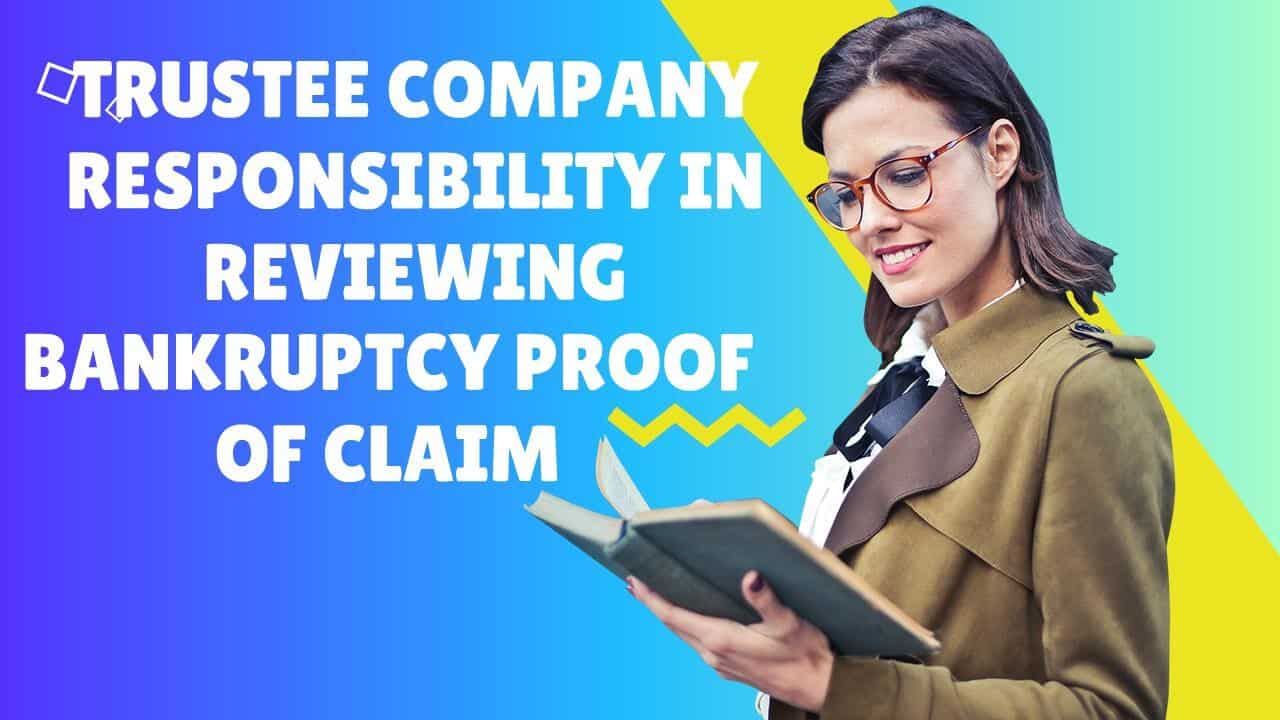

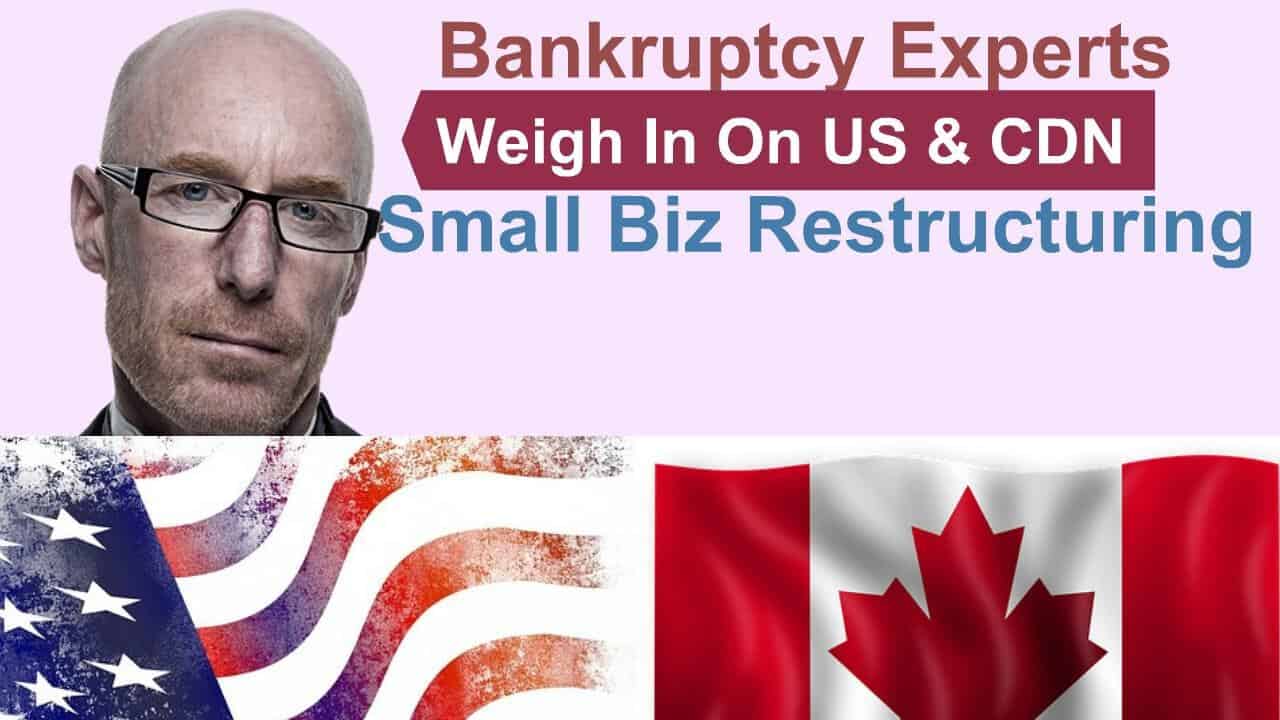

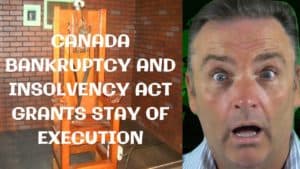
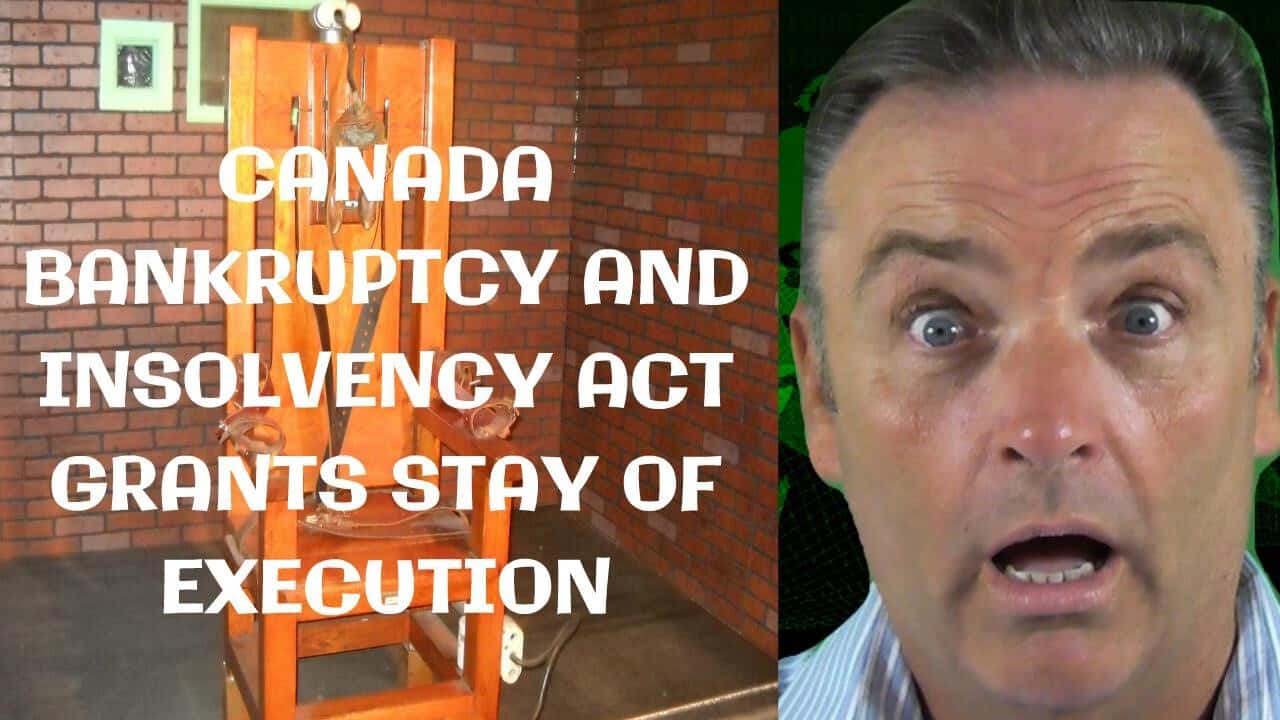 canada bankruptcy and insolvency act
canada bankruptcy and insolvency act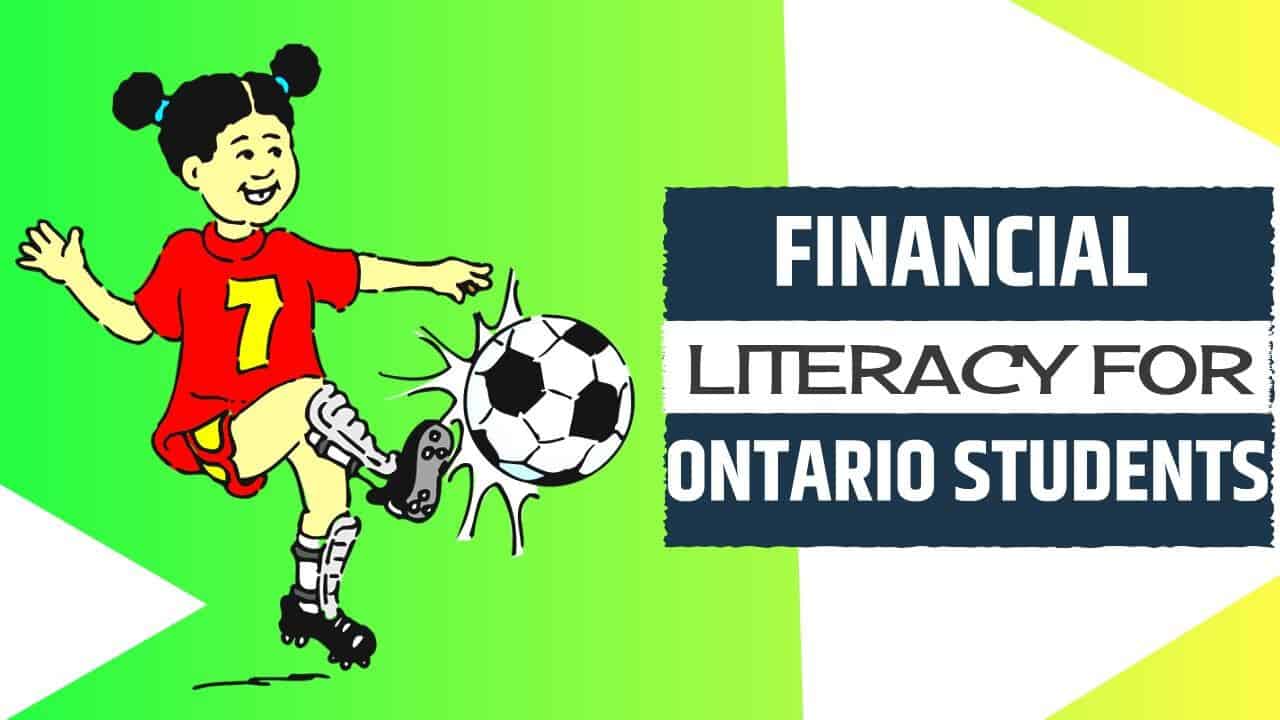 If you would prefer to listen to the audio version of this financial literacy Brandon’s Blog, please scroll to the bottom and click on the podcast
If you would prefer to listen to the audio version of this financial literacy Brandon’s Blog, please scroll to the bottom and click on the podcast